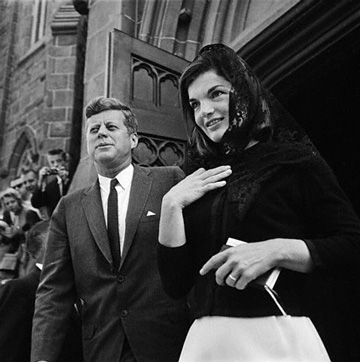Religion is not arbitrarily defined.
My interpretation of the statement was that religion prescriptions (e.g. wearing a specific headgear) are arbitrarily defined and not always followed by all those who adhere to such religion (i.e. not all Catholics remain virgin until marriage and never use condom).
These rights aren't limited to domestic law. Article 18, Section 3 of the International Covenant of Civil and Political Rights reads: "Freedom to manifest one's religion or beliefs may be subject only to such limitations as are prescribed by law and are necessary to protect public safety, order, health, or morals or the fundamental rights and freedoms of others. "
Well... such sentence is very open to interpretation: It defines very broadly a good number of limitations (law, public safety, order, health, moral, etc.) which can block pretty much anything.
More important the sentence says that the law of the state is more important than any regious need.
If the law forbid some practice, then the law trump religious prescriptions.
There is nothing there about making exceptions to laws to accommodate specific religious practices.
Thank you very much for taking the time to reply to my comments, I wanted to reply earlier to your points but I had connection problems (sorry).
I also have to admit that in the specific examples you made, we are on similar positions.
It makes clear where you "draw the line" for exception to the rules.
Your approach is quite equilibrated with both individual and institutions bending to each other to accommodate respect for rules as well as religious needs.
In the specific case of the bar exam, it is important to clarify that until now the exception to the rule for religious or medical needs was there already!
The main requirement was that the candidate had to ask permission to the exam commission before the exam itself: something I see as important in terms of respecting the rules (having somebody checking that the need is real) and as a for of politeness which is always welcome.
It's a bit like in my house: I have a strict rule about not wearing shoes (actually it's customary in Scandinavia to don't wear shoes indoor).
If somebody comes to visit and for any reason wants to keep his/her shoes indoor have to ask for permission (note: I provide slippers).
The permission is not an acquired right, but something to renew at any visit.
I see exception to law/rules/regulations in the same spirit: the law is still valid and if a temporary and personal exception is not granted, then one has to adapt to it.
Unless the law is changed.
One part where we (may) not agree is about the superiority of religion over other requirements for being grated exceptions.
In my view religion is not superior to politic or any other personal beliefs and all have the same right to be openly shown or kept as personal.
Personally I think that religious and political beliefs are personal and very private.
Nobody has the right to push it down the throat of other people: "believe what you want but not make a fuss about it".
However I am used to a culture where making a public fuss about anything private is considered highly impolite.





